Poets & Quants for Undergrads, a website that covers business schools, released its second annual ranking of the best undergraduate programs. The ranking was based on the schools' admissions standards, academic experience and employment outcomes. The list consists of 82 schools from which students were surveyed on their experiences, compensation and success after graduating.
Among other factors taken into account for the rankings were the schools' acceptance rates, the average SAT scores of incoming students and the percentage of students who graduated in the top 10 percent of their high schools. The site determined employment outcomes by looking at the percentage of students who had full-time employment within 90 days of graduation, their average salary and the amount of their signing bonuses. A survey of students provided additional direct insight into the alumni experience.
As student debt levels continue to rise, understanding the return on investment for the undergraduate business degree is especially valuable to prospective students, parents and financial advisors, said Nathan Allen, a staff writer and project manager for Poets & Quants. The list is inclusive, and there is an institution listed for a variety of interests--from the best business schools for underrepresented students to those looking for the best institution for a global learning experience.
Here is a list of the top 10 undergraduate business schools:
10. University of California, Berkeley (Haas School of Business)
Admissions Score: 79.38
Alumni Score: 77.00
Employment Score: 87.91
Total score: 244.29
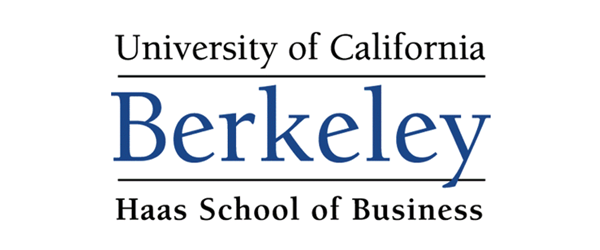
The University of California, Berkeley, Haas School of Business has a wide range of business programs and a convenient location near San Francisco. Companies such as Apple, Visa and Google are located within an arm’s reach. The university alumni move on to careers in Silicon Valley at a higher rate than any Ivy League school, according to Business Insider.
9. Charles H. Dyson School of Applied Economics and Management at Cornell University
Admissions Score: 88.28
Alumni Score: 70.08
Employment Score: 87.52
Total score: 245.88
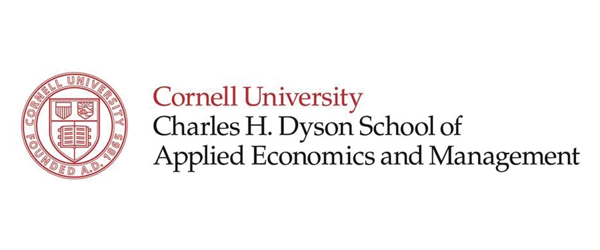
With an acceptance rate of 2.93 percent and an average incoming SAT score of 1449, the Charles H. Dyson School of Applied Economics and Management ranked third in overall admissions. Students interested in agricultural business may be especially interested in this school, as this business school has a specialized program for the subject.
7. Kenan-Flagler Business School at The University of North Carolina at Chapel Hill
Admissions Score: 79.27
Alumni Score: 86.32
Employment Score: 87.41
Total score: 253.00
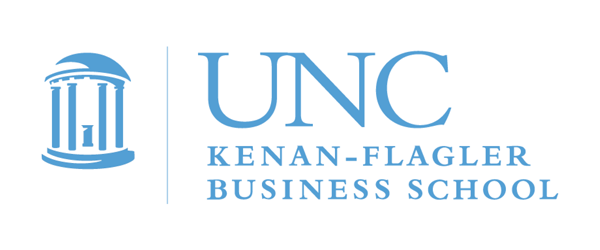
The Kenan-Flagler Business School focuses on developing profitable business strategies that won’t cause global damage. If prospective business students don’t find the business school’s values to be attractive, the reported 97.64% employment satisfaction rate or average starting salary of $72,514 may be more appealing.
6. The Indiana University Kelley School of Business
Admissions Score: 67.25
Alumni Score: 94.79
Employment Score: 91.63
Total score: 253.67
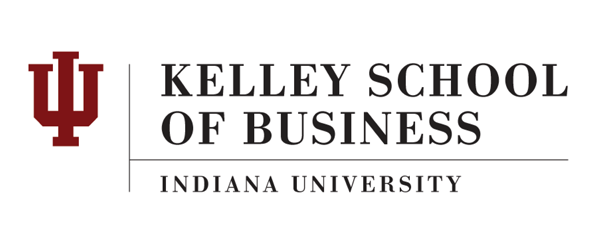
Attaining admission to the Kelley School of Business is more likely for prospective students, as its acceptance rate was reportedly 37.40 percent. However, this business degree yields a tremendous return when you consider it ranked second with a score of 91.63 percent in average satisfaction for total compensation, full-time employment and internships.
5. McDonough School of Business at Georgetown University
Admissions Score: 81.52
Alumni Score: 83.80
Employment Score: 89.89
Total score: 255.21
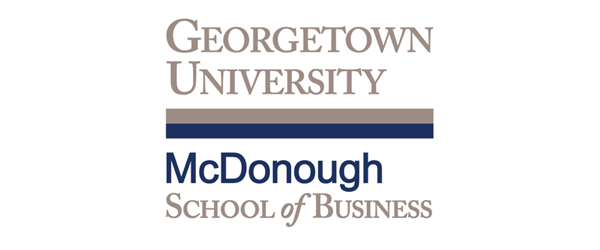
The McDonough School of Business achieved a high score of 98 percent in internship satisfaction. McDonough’s high scores are no surprise considering its comprehensive internship program--the Global Social Internship Program (GSIP)--where students have the opportunity to partner with organizations abroad for four to five weeks out of a semester. Global immersion, or access to valuable cultural exposure, was one important measure Poets & Quants used to measure the quality of the undergraduate experience.
4. Mendoza College of Business at the University of Notre Dame
Admissions score: 84.46
Alumni score: 89.67
Employment score: 83.35
Total score: 257.47
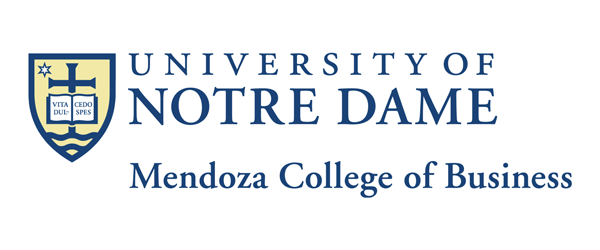
The Mendoza College of Business at the University of Notre Dame ranked fourth in alumni satisfaction. With an acceptance rate of 19 percent, and an employment rate of 97.68 percent, this business school is accessible while providing a high level of employment security.
3. McIntire School of Commerce at the University of Virginia
Admissions score: 82.25
Alumni score: 100.00
Employment score: 88.01
Total score: 270.26
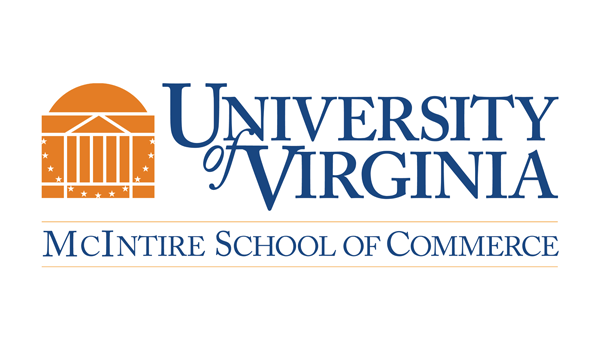
High salaries are not the only valuable part of the student experience, according to Poets & Quants' Allen. When students were asked a range of 15 core questions about their happiness with the business program, McIntire scored the highest across five categories and received an impressive 9.37 out of 10 points overall.
2. Olin Business School at Washington University in St. Louis
Admissions score: 97.82
Alumni score: 85.43
Employment score: 89.15
Total score: 272.40
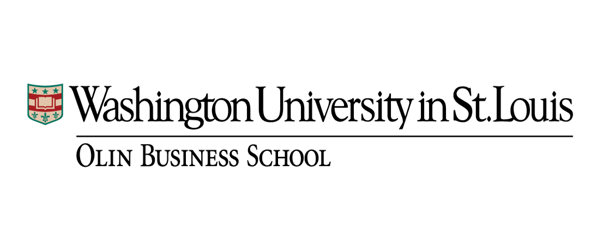
The Olin Business School’s high standards rival those of some of the most prestigious business schools in the country. The study found that the average SAT score was 1507 on the new 1600-point scale, higher than that of Wharton School at the University of Pennsylvania, which averaged 1499. The acceptance rate for this undergraduate business program was only 10.3% in 2016, lower than the acceptance rate at Harvard Business School for MBA candidates, according to Forbes.
1. Wharton School of the University of Pennsylvania
Admissions score: 100.00
Alumni score: 95.12
Employment score: 100.00
Total score: 295.12
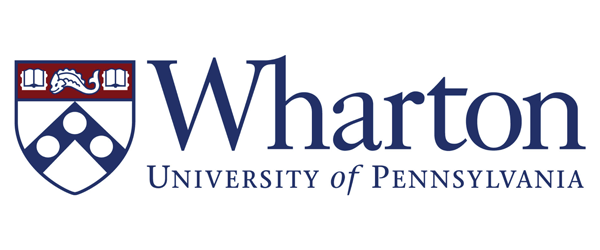
When it comes to excellence, the Wharton School stole the show. One hundred percent of students reported their first jobs were in a “desired industry” with an average salary of $80,566 and a total starting compensation package averaging over $90,000. In addition, students reported an average signing bonus of $12,703, which was reported by 79 percent of graduates. The school's dean, Geoff Garrett, explained that Wharton’s focus on the fundamentals of education and emphasis on career preparedness is reflected in the rankings of the business school.
Visit https://poetsandquantsforundergrads.com/2017/12/05/poetsquants-best-undergraduate-business-programs-2017/ to discover the top 82 business schools and learn more about the 2017 ranking, the methodology and to locate a specific school.